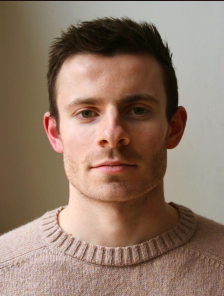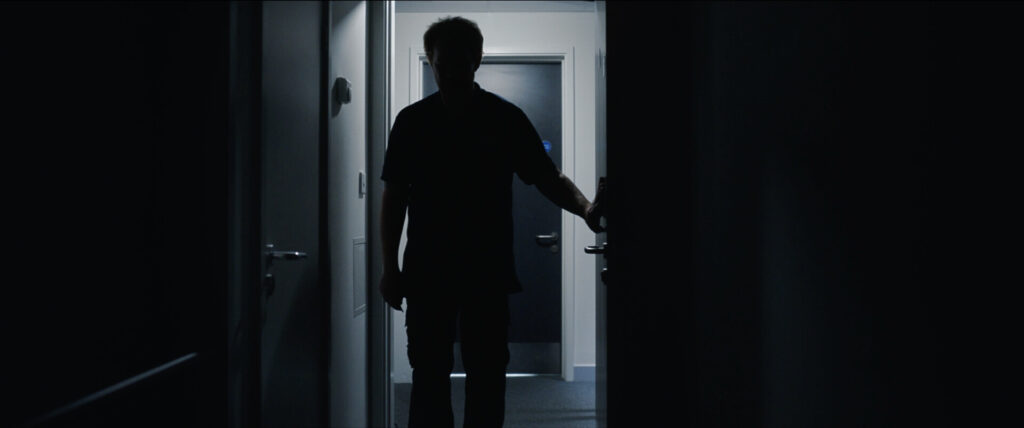1 in 5 people in the UK have suicidal thoughts. Each loss directly affects 135 people, leaving a lasting impact on family, friends, colleagues, neighbours and acquaintances.
Director and Producer Harry Richards, 26, from London and writer Rufus Love, 28, also from London have created a short film, CONTACT HOURS. Their ambition was to depict suicide and its impact on screen, in a bid to encourage students, parents and universities to communicate more openly about suicide.


“One conversation could save a life.”
Rufus had a chance encounter a few years ago. He said: “I was working in a bar at a theatre and a man came in and we got chatting and he said he was doing maintenance at the theatre. I asked, ‘has this always been your job?’ He said he used to be a University Caretaker but had to quit because on a couple of occasions, he’d had the unfortunate experience of opening a locked door and finding a student who had taken their life in that room.
“I spoke to him for a weirdly long time for a kind of random encounter. When I got home, I began researching suicide at universities. A year later, I wrote my first draft and here we are now.”

This tragedy had an enormous impact on the writer, Rufus, who began his research by interviewing a Welfare Officer at a London university to help shape the screenplay. Rufus and Harry knew six students at Edinburgh University who took their lives, further research led them to meet the parents, siblings and friends of students that have died by suicide around the United Kingdom.
From here, Rufus and Harry worked with multiple charities, mental health advocates and professionals to develop their understanding of mental health crisis’. On set, many crew members knew someone that had died by suicide.
Each cast and crew member was supported throughout the filmmaking process. Both Harry and Rufus became ASIST-trained in suicide intervention, and they had a two-person wellbeing and psychological safety team on set to oversee production. The team provided the crew with a toolkit of resources and crisis helplines, as well as one-to-one check-ins for those experiencing suicidal thoughts or who have been affected by suicide loss in the past.

When creating representation in the media on such hard-hitting issues, it was important to Harry and Rufus that they did it properly, and safely as to not cause more distress for people who have been affected by suicide.
Rufus said: “Samaritans have a media guidelines team that you can send your script to. In our case they came back and said that is a safe presentation of themes relating to suicide. One of the main things is that you should never show a method, especially a method that is kind of creative or inventive or something that doesn’t immediately spring to mind when you think of how you might take a life because inevitably there will be people who are inspired to try that themselves.
The Papageno effect
On the flip side, it’s been proven recently that controlled presentation of suicide in the media can reduce suicide rates.
Rufus added: “Evidence shows that sensitive portrayals of suicide, focusing on a character overcoming a crisis, can encourage people suffering in silence to seek help. Watching them come through a difficult time and show hopeful recovery can serve as a powerful testimony to others that this is possible. It provides reassurance that suicidal feelings can be worked through and will pass. Such portrayals have been linked to falls in suicide rates.”
Rufus and Harry have been showcasing their short film throughout London.
Director Harry said: “We’re currently doing a series of exclusive previews. From January, we will be taking the film out to universities, schools and colleges around the UK. We are also open to holding screenings in other venues, like cinemas.”
Watch the official trailer for Contact Hours here:
Press here for MNLs Student Wellbeing tips
When life is difficult, Samaritans are here – day or night, 365 days a year. You can call them for free on 116 123, email them at [email protected], or visit www.samaritans.org to find your nearest branch.
Featured image (c) Headrush Films









